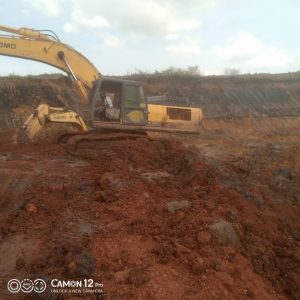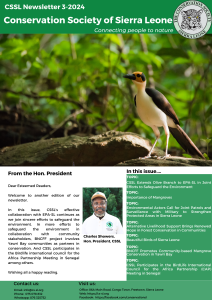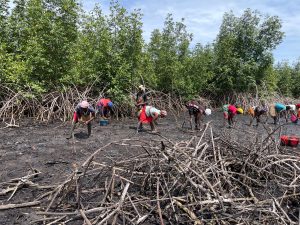The year 2023 broke all records – it was by far the hottest year ever measured since 1850, confirmed by scientists from all around the globe. Alarmingly, 2023 was in average nearly 1.5°C warmer than in pre-industrial times. We are already reaching the 1.5°C line which the international community has set to slow down and stop the climate crisis.
This year, we have seen communities around the world pounded by fires, floods and searing temperatures. Record global heat should send shivers down the spines of world leaders.
António Guterres, United Nations Secretary-General, at the COP28 in November 2023
The World Meteorological Organization (WMO) has just published their key messages regarding the immense range of climate changes in 2023: 2023 set to be the warmest year on record, greenhouse gas levels continue to increase, record sea surface temperatures and sea level rise, record low Antarctic sea ice, extreme weather causes death and devastation.
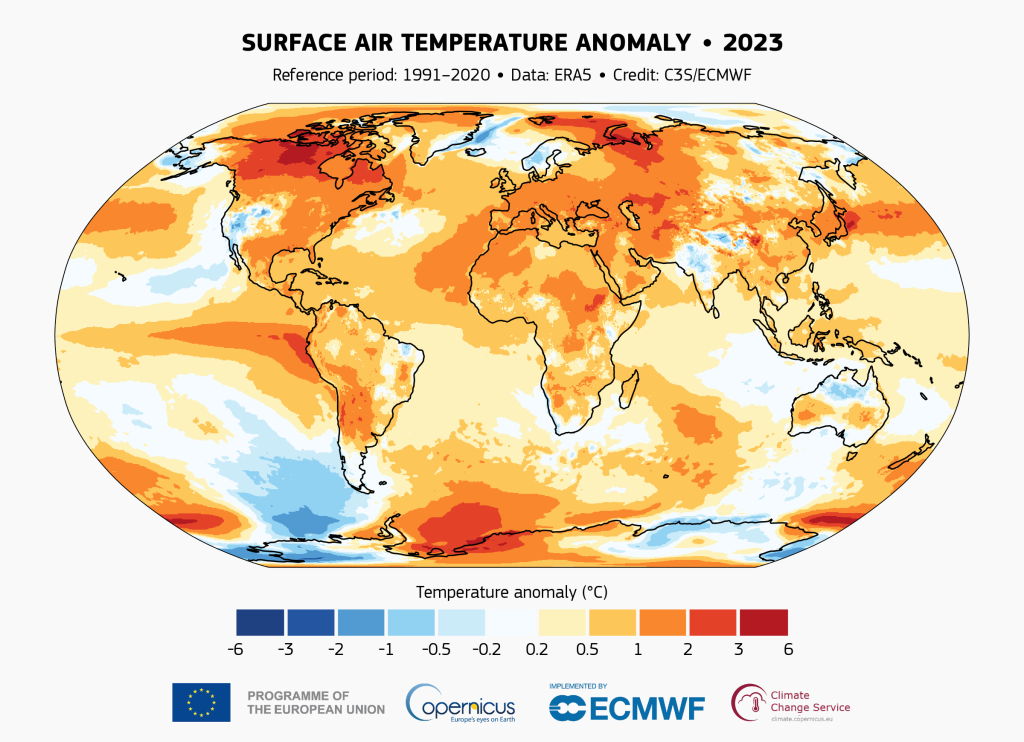
Deforestation and use of fossil fuels are two of the main drivers of climate change and increased temperatures. It is time to act now – not only at international level but also national level. Governments should take their commitments serious to bring the long-needed change in the energy sector – away from fossil fuels, in the direction of renewable energy.
Sierra Leone is blessed with a lot of sunshine, wind and a coastline. With strong policies to support solar and wind energy, the country could become more independent in the energy sector and contribute to the global 1.5°C goal. The protection of our forests – terrestrial and marine – should go along with the change in the energy sector. Scientific data proves the great power of rain forests and mangrove forests to bind carbon dioxide, cool the climate and fight climate change.
The most vulnerable of our communities are suffering from the effects of climate change. The low record of Antarctic sea ice means for us a rise in sea level and flooding of our islands and coastal communities. Higher temperatures and change in the climate – like we have just experienced rain in Kenema last week – affects our farmers and food production. Government, industries, and communities have to work together now to prevent future catastrophes. Let´s not wait for the international community. Let´s do today what we can.
Sheku Kamara (PhD), Executive Director,CSSL
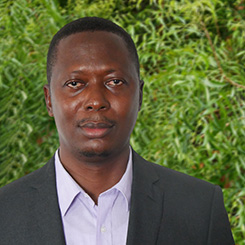
All data shows that temperatures will increase, sea level will increase and flooding, draughts, uncertain weather conditions will become “normal” for us. For decades now, scientists have been warning about what was about to come. It is here now, and it is on us to stop this development and keep the earth a place where future generations can live and thrive.
The extremes we have observed over the last few months provide a dramatic testimony of how far we now are from the climate in which our civilisation developed. This has profound consequences for the Paris Agreement and all human endeavours. If we want to successfully manage our climate risk portfolio, we need to urgently decarbonise our economy whilst using climate data and knowledge to prepare for the future.
Carlo Buontempo, Director of the Copernicus Climate Change Servic

